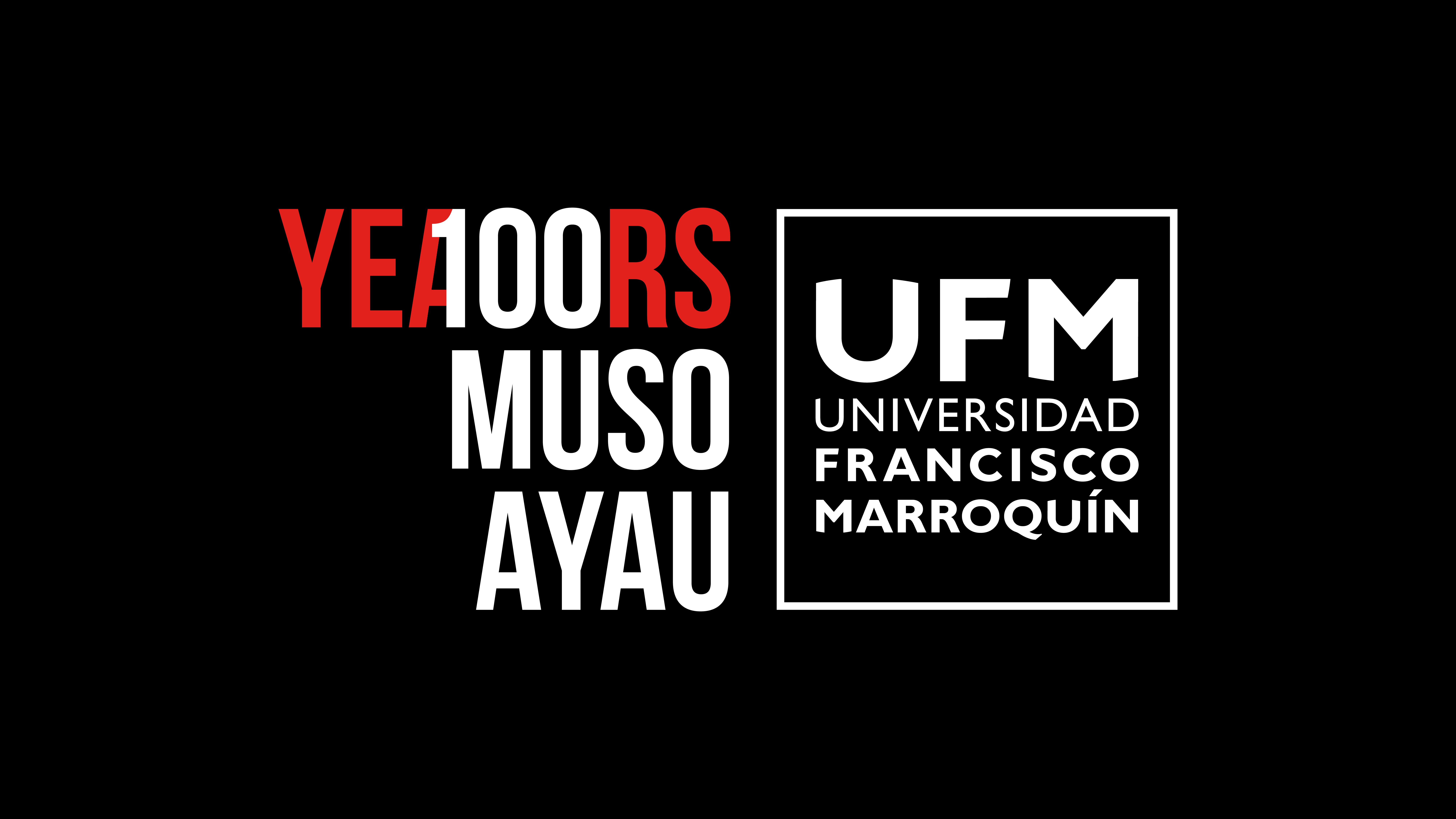
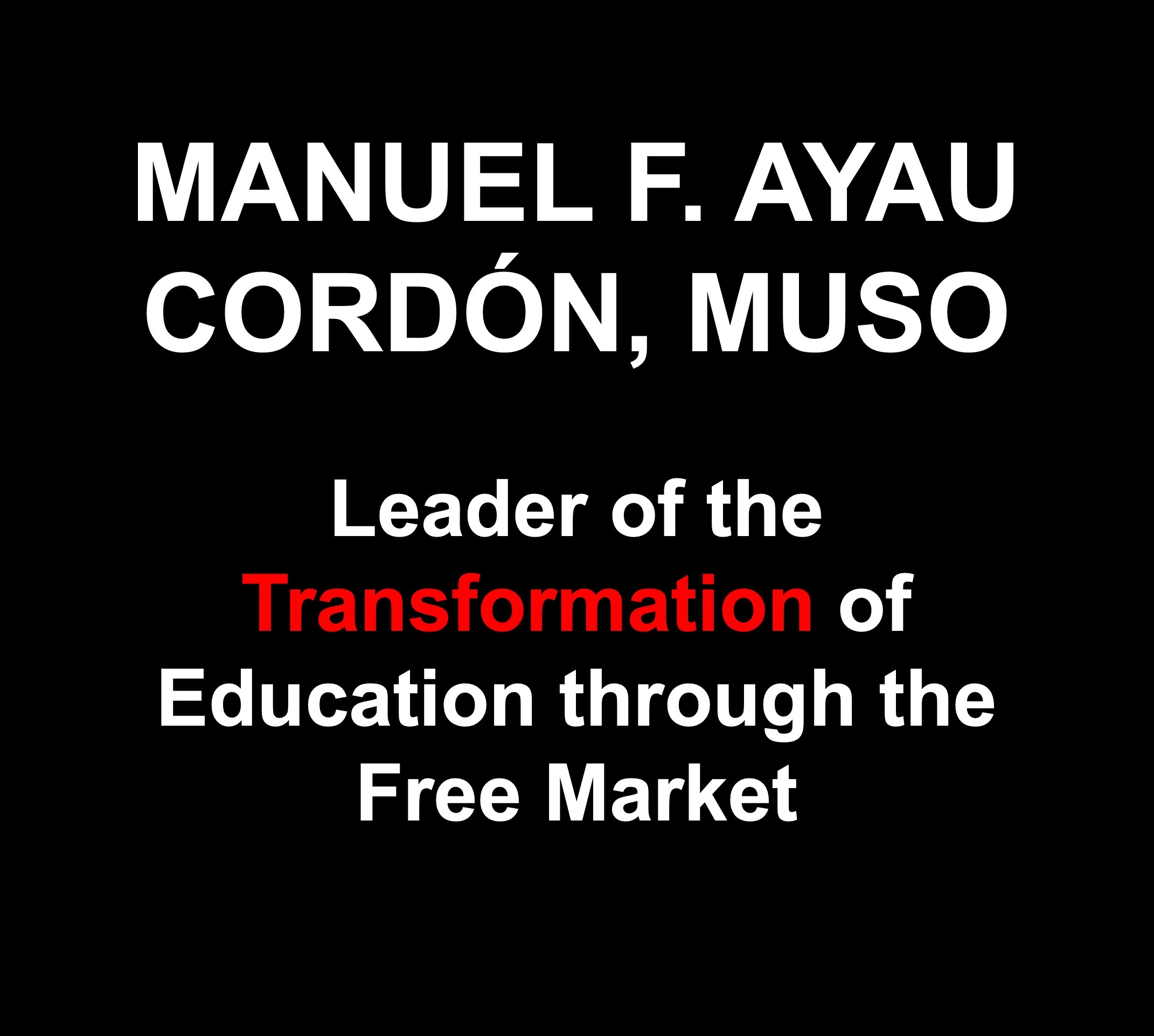
Born December 27, 1925, Manuel Francisco Ayau Cordón was the only son of Manuel Silvestre Ayau Samayoa and María Cristina Cordón, both entrepreneurs. This marriage also produced four daughters. The Ayau family originated from Limousin, France, but since the nineteenth century, several of its members had settled in the Americas; some in the United States and others in Guatemala.
People had started calling Manuel Ayau Cordón ‘Muso’ since he was a child. It happened that one of his father’s friends was the Italian ambassador to Guatemala during the Mussolini era. On one occasion, the diplomat gave his friend a fascist uniform for his young son, and they dressed him in it. From that moment on, the nickname stuck.
Muso was just five years old when his father died. With this, his mother took him and his sisters to live in the United States, as Manuel Ayau Sr. had spent a lot of time there and wanted his children to speak fluent English and experience the American way of life.
Thus, Muso began his early studies in Belmont, California, and in 1943 he moved to Canada. There, he graduated from Upper Canada College before enrolling at the University of Toronto, where he studied one year of chemical engineering and another year of civil engineering. He also served in the Royal Canadian Army Officers Training Corps and the Royal Canadian Air Force Officers Training Corps.
It was during those years that Muso came into contact with the ideas that would define his life. Decades later, he shared in an interview that it was while reading some books by Ayn Rand that a great love for liberty sparked in him.
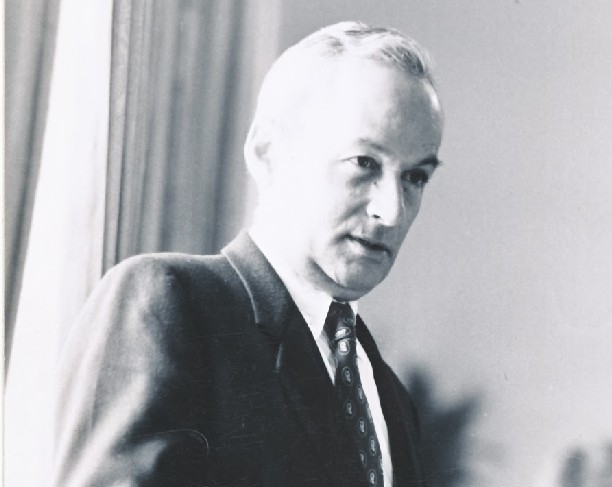
His Work Ethic
In 1945, Muso returned to Guatemala for a time and worked as a structural draftsman at the Architectural Design Office for Central America. He also served as a construction supervision assistant at Roosevelt Hospital.
The truth is that from a very young age, he worked whenever the opportunity arose, such as during school vacations. In Canada, for example, he was employed by the Forest Service. He worked in a factory as a machine operator for gear cutters. He also worked as a surveyor. During harvest season, he worked as a seasonal laborer, collecting agricultural products. He became familiar with a variety of tasks. This is how he built a strong work ethic, grounded in the belief that for someone responsible and truly eager to work, finding a job is not difficult.
In 1948, he decided to return to the United States to enroll at Louisiana State University, where he graduated as a mechanical engineer in 1950. Years later, the university honored him by naming him a distinguished alumnus.
Muso as an Educator
On June 5, 1948, he married Olga García. They had six children and together, they educated them in the ideas that would later be formally articulated in a research center first, and a university thereafter.
And indeed, Muso was always a studious man. This is why, under his leadership, one of the first think tanks for classical liberal thought in Latin America emerged in Guatemala in 1959: the Center for Economic and Social Studies (CEES).
Muso held long discussions at CEES with several of his friends, all concerned about the poverty of much of the Guatemalan population and determined to put an end to it. They dedicated much of their time to studying, translating, and publishing the works of the great thinkers of classical liberalism, and disseminating them throughout Guatemala and the rest of Latin America in concise pamphlets to make them easier to understand and handle. They also wrote columns for the newspapers circulating at the time. Muso's column, in particular, resonated throughout the region, in part because he wrote with simplicity and charm.
There is a story that is particularly relevant to his life as an educator. In their meetings at CEES, he and his friends—whom he humorously called rebel improvisers—dedicated part of their time to studying the development and achievements of the Fabian Society.
The Fabian Society was founded in England at the end of the nineteenth century to promote the adoption of socialist measures, but not through armed revolutionary means; rather, by influencing crucial areas of societal life. Its members believed that socialism should be established through gradual, yet inexorable, changes. One such change involved the formation of leaders for each generation; in other words, the establishment of a university. This is how the London School of Economics (LSE) came to be.
The success of the Fabian Society convinced Muso and his friends at CEES that one of the most decisive factors for a country’s future is the solid education of its intellectual elite. They then embarked on a project as ambitious as that of the Fabians with regard to LSE, but the university they would found in Guatemala would promote the exact opposite of socialism; that is, the ethical, legal, and economic foundations of a society of free and responsible persons.
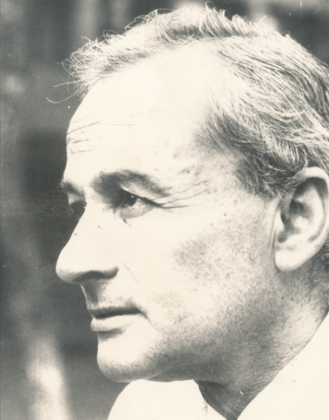
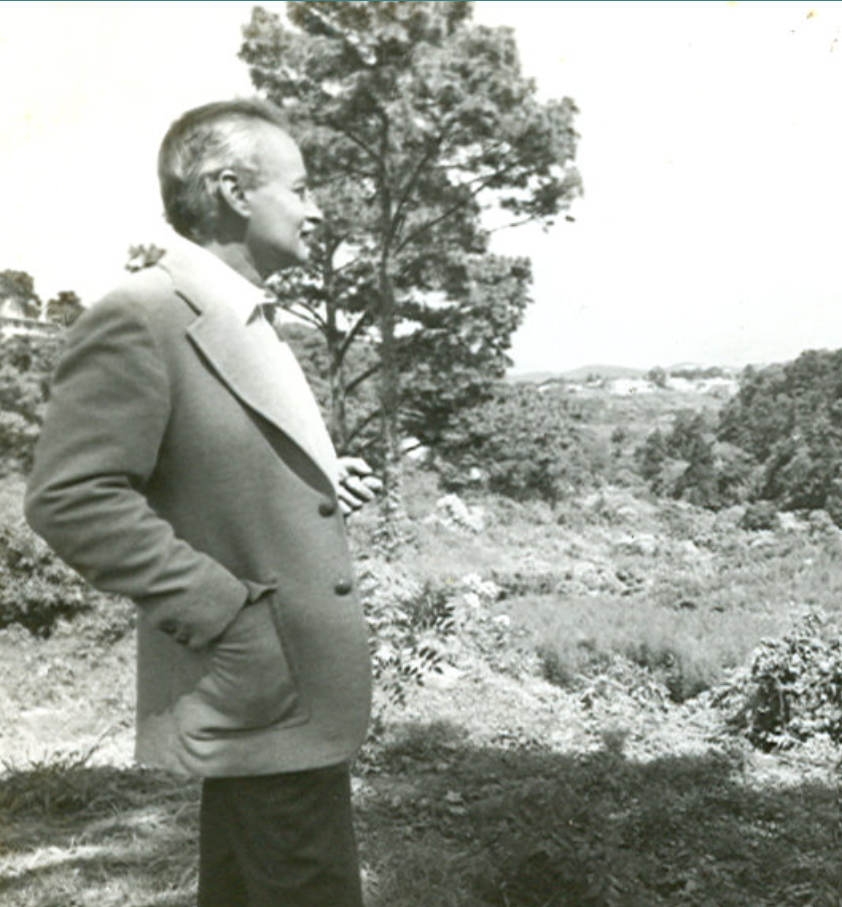
Muso and UFM
This is how the CEES pioneers, led by Muso, created Universidad Francisco Marroquín (UFM). They put together a foundational document, the Philosophy Statement, in which all aspects of the institutional structure are defined and the classical liberal philosophy, which underpins all the activities of our university, is clearly outlined.
Although it is a nonprofit organization, UFM is managed as if it were a business, with all decisions and activities—both by authorities and professors—subject to the law of supply and demand. For this reason, and contrary to academic tradition, it does not offer permanent tenure to professors. The members of the board of directors are entrepreneurs. Departmental budgets must be balanced. In order to fulfill its social function as an educator, UFM does not engage in the political and social issues of the moment. It focuses solely on essential and enduring topics that transcend any temporary commotion.
There is another reason why UFM is unique in the world. All students, both undergraduate and graduate, regardless of the particular discipline they study, learn the causes and origins of a country’s wealth.
Today, UFM embodies the very spirit of Muso, not only his entrepreneurial drive and creativity, but also his vision that went beyond himself, his country, and his time. In 1989, at the age of 64, he decided to step down as rector to make way for the next generation. His generosity and vision ensured the continued existence of this institution, while allowing him to channel his great energy into continuing to educate young people and adults, both as a professor and a communicator, and to pursue other types of projects, both in Guatemala and abroad.
The Hero We Knew
Muso wrote books that have served as study guides for several generations, such as Not a Zero-Sum Game, El proceso económico (The economic process), Cómo mejorar el nivel de vida (How to improve living standards), De Robinson Crusoe a Viernes (From Robinson Crusoe to Friday), La década perdida (The lost decade), and No tenemos que seguir siendo pobres para siempre (We don’t have to stay poor forever). For years, he published a series of columns in local newspapers. These columns were compiled to form the book Sentido común: 50 años de congruencia liberal (Common sense: 50 years of liberal consistency). Many of his articles were translated and reprinted in media outlets like The Wall Street Journal and The Freeman, among others.
Muso presided over organizations of the caliber of the Mont Pelerin Society, founded by Friedrich A. Hayek, which includes several Nobel Prize winners among its members. He was also the director of Liberty Fund, Indianapolis, and a board member of the Foundation for Economic Education, New York.
He was also a member of the Engineering Honor Society Tau Beta Pi. Hillsdale College and Northwood University awarded him honorary degrees. As previously mentioned, he was named a distinguished alumnus by his alma mater, Louisiana State University. He received the Founders Award from the Foundation for Economic Education. He was elected a distinguished member of the Philadelphia Society and included in the Freedom Champions gallery of the Atlas Economic Research Foundation. In 2005, he was awarded the Adam Smith Award from the Association of Private Enterprise Education. In 2008, he received the Juan de Mariana Prize from the eponymous foundation, and in June of that same year, The Los Angeles Times published a feature about him, his work, and UFM.
As an entrepreneur, he was involved in the cultivation of cotton and rice, and founded the largest tile and ceramic flooring factory in Central America. He played an important role in the founding of organizations such as the National Stock Exchange and the Chamber of Industry of Guatemala. For his efforts in spreading knowledge over several decades, he was honored by the Guatemalan Chamber of Journalism.
With the vitality and good humor that always characterized him, he traveled the country until his last days explaining the state reform project known as ProReforma. He passed away on August 4, 2010. He had been a member of the Monetary Board twice, a congressman for one term, and a candidate for country’s president and vice president on two different occasions.
The Indebted
An Argentine economist and writer, Martín Krause, a visiting professor at UFM, once said that he was completely indebted to Muso: to his example of life, his ability to explain the complex in a simple way, and, above all, to his willingness to use that intelligence to the benefit of so many.
We, like Professor Krause, share the condition of being indebted to Muso—that endearing professor, entrepreneur, patriot, and visionary whom many of us knew in person or through his work, in various fields of knowledge and human endeavor. The way to repay that debt, which is, in any case, unpayable, is to continue the work that Manuel Ayau Cordón, our beloved Muso, made possible by opening the channels through which today we can—from our particular spheres of action—add value to people’s lives, thereby contributing to the building of a society grounded in the civilizational principles of freedom.
Written by Karen Cancinos
